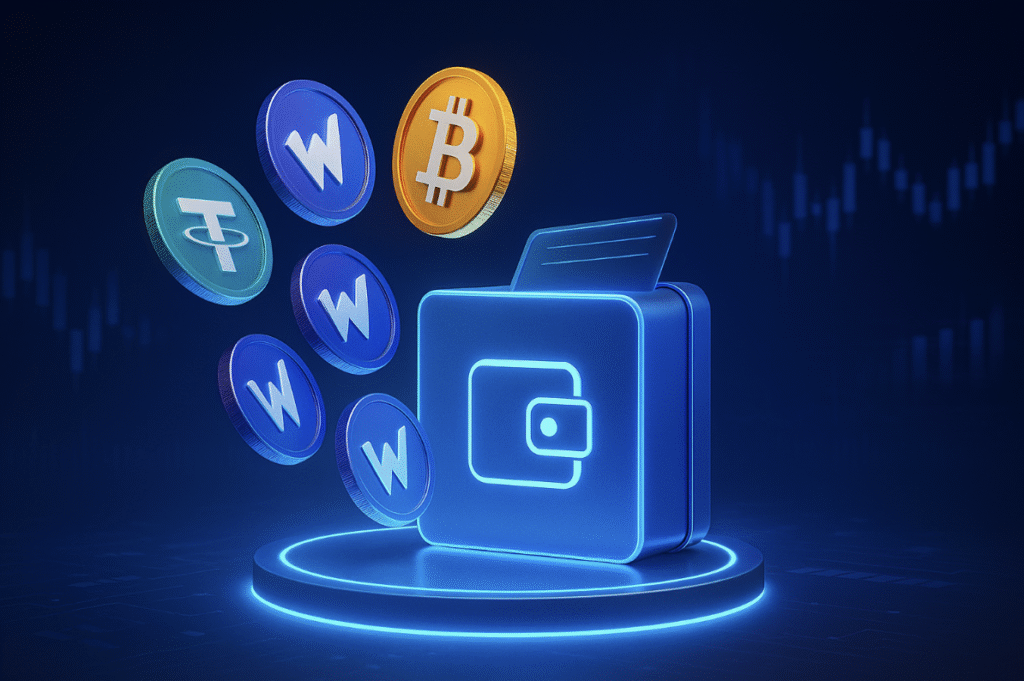
The COVID-19 pandemic significantly altered the landscape of numerous industries, and online betting was no exception. As traditional, in-person gambling venues shut down due to health regulations and restrictions, online betting platforms experienced a surge in popularity. This shift to digital gambling not only drove up player engagement but also prompted significant changes in payment trends and preferences within the iGaming sector. This article reflects on how the pandemic influenced these trends, highlighting the move towards digital payment methods, the role of cryptocurrency, and the heightened emphasis on security and compliance in online transactions.
1. The Shift from Cash to Digital Payments
Before the pandemic, cash transactions were a staple in brick-and-mortar casinos, but the shift to online betting necessitated alternative payment methods. With users unable to visit physical locations, the demand for fast, secure, and cashless payment options surged. Digital wallets, credit and debit cards, and prepaid vouchers quickly became the new norm for online transactions in the iGaming industry. Not only were these methods more convenient for users who had limited access to cash, but they also allowed online platforms to handle a higher volume of transactions securely and efficiently.
The shift towards digital wallets, such as PayPal, Neteller, and Skrill, exemplified this trend. These options offered a balance of security and convenience, allowing users to deposit and withdraw funds with ease. Additionally, the use of prepaid vouchers and cards increased for players who preferred not to directly link their banking details to gambling platforms.
2. The Rise of Cryptocurrency Payments
One of the most profound payment trends in the iGaming sector during the pandemic was the adoption of cryptocurrencies. Cryptocurrencies, such as Bitcoin and Ethereum, gained popularity as they offered players a decentralised, anonymous payment option free from traditional banking restrictions. This appeal became especially prominent as many countries faced economic instability and currency fluctuations. Cryptocurrencies provided an alternative for players looking to deposit and withdraw funds without exposing their personal information, which enhanced both security and privacy.
The decentralised nature of cryptocurrency transactions enabled faster processing times, a key advantage in the online betting sector where players expect rapid deposits and withdrawals. Moreover, crypto transactions are largely immune to regulatory restrictions, making them especially attractive to international players. While challenges in regulatory compliance remain, the adoption of cryptocurrency has continued to grow post-pandemic, signalling a shift towards more diversified payment options in iGaming.
3. Increased Security and Fraud Prevention Measures
With the surge in online transactions came a heightened risk of fraud and cybersecurity threats. The increase in online betting activity during the pandemic led iGaming platforms to invest heavily in payment security to protect both the platform and the players. Two-factor authentication (2FA), encryption, and real-time fraud monitoring became more common as platforms worked to provide secure and seamless payment processes.
KYC (Know Your Customer) and AML (Anti-Money Laundering) protocols also became more rigorous as operators sought to comply with international regulations. With an influx of new users, many of whom were unfamiliar with online gambling, implementing robust security measures became critical. These security practices, initially prioritised due to the pandemic, remain integral to the industry, reflecting the enduring importance of secure payment systems in building player trust.
4. Demand for Faster Payment Processing
Speed became a top priority for online betting payments as the pandemic accelerated the demand for instant gratification in digital services. Players accustomed to receiving cash winnings at physical casinos now expected the same immediacy online. This expectation led iGaming platforms to prioritise faster payment processing methods, partnering with payment providers capable of supporting instant or near-instant transactions.
Platforms responded by integrating more digital wallet options and optimising payment gateways for faster transaction times. Payment providers who could offer instant deposits and expedited withdrawals became highly valued partners in the iGaming sector. The need for swift payments continues to influence the industry’s approach to payment solutions, pushing platforms to adopt real-time processing methods that meet players’ evolving expectations.
5. Rise of Mobile Payments and Accessibility
The pandemic saw a rapid rise in mobile gaming, and with it, an increased demand for mobile-friendly payment solutions. Players are expected to manage all aspects of their betting experience from their smartphones, including transactions. Payment providers adapted to this trend by creating mobile-optimised solutions that allowed users to deposit and withdraw funds directly from their devices. Mobile wallet options, such as Apple Pay and Google Wallet, became increasingly popular, catering to users seeking seamless mobile transactions.
In response, iGaming platforms optimised their sites and apps for mobile use, making payment options more accessible and easy to use. This focus on mobile compatibility is likely to persist, as it provides users with greater flexibility, enabling them to manage transactions on-the-go.
6. Emphasis on Responsible Gambling and Financial Limits
With the increase in online betting during the pandemic, the industry faced scrutiny over responsible gambling practices. Payment trends reflected this concern as iGaming platforms introduced or enhanced tools to help players manage their spending. Financial limits, deposit caps, and self-exclusion options became more prevalent to promote responsible gambling.
Payment providers also contributed by offering features that allowed players to set spending limits or receive alerts on spending patterns. The integration of responsible gambling tools into payment systems reflects a growing trend in the iGaming sector, as operators work to ensure a safe betting environment for players.
Conclusion
The COVID-19 pandemic catalysed significant shifts in payment preferences and trends within the online betting industry. The move from cash to digital payment methods, the adoption of cryptocurrencies, and the emphasis on secure, fast, and mobile-friendly transactions reflect the changing needs of players in a digital era. Additionally, the industry’s focus on responsible gambling and financial limits highlights a commitment to player well-being, an aspect that has become increasingly important.
As online betting continues to grow, the trends that emerged during the pandemic are likely to remain influential, shaping the future of iGaming payments. These changes, born out of necessity, have not only enhanced the user experience but also set new standards in security, speed, and accessibility. Moving forward, iGaming platforms will need to continue adapting to players’ evolving preferences to stay competitive in this fast-evolving industry.





